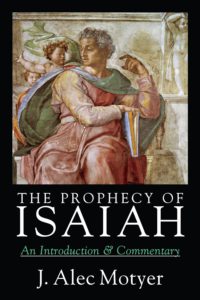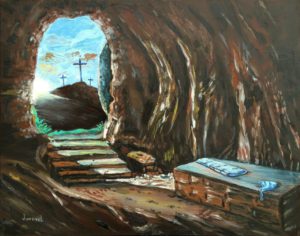 The Empty Tomb: Inadequate Alternative Explanations. BADR Part 8
The Empty Tomb: Inadequate Alternative Explanations. BADR Part 8
Question – Critics have offered other theories to explain the empty tomb of Jesus. Why are these alternative theories not plausible?
1) Swoon or Apparent Death Theory: Jesus did not die.
But the Roman executioners were “professionals” who were thorough in verifying Jesus’ death.
2) Conspiracy & Theft Theory: The disciples stole the body and claimed that He rose from the dead.
But conspiracy is always executed for selfish advantage and the disciples were persecuted and imprisoned for their claims. Conspiracy theory about the resurrection violates all known psychological laws of lying.
3) Hallucination Theory: All of Christ’s post-resurrection appearances were really hallucinations.
But hallucination only visits the prepared mind. The disciples were not psychologically predisposed and did not expect Jesus to rise from the dead. Critics only needed to point to the body of Jesus in his tomb to refute the disciples.
You can view the video at:
The Empty Tomb: Inadequate Alternative Explanations. BADR Part 8
Next video – Harmonizing Alleged Discrepancies Between the Resurrection Accounts of the Four Gospels. BADR 9
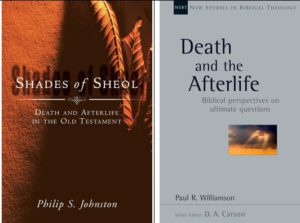

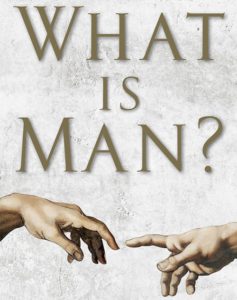
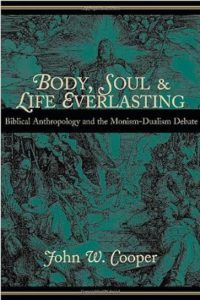 Death, Resurrection and Life Everlasting – DRLE Pt.1
Death, Resurrection and Life Everlasting – DRLE Pt.1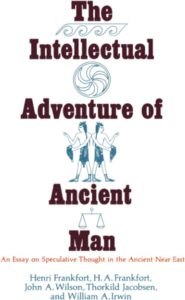 Many critical scholars in Western universities suggest that the biblical Creation and Flood stories borrowed ideas from Ancient Near Eastern Texts (ANET). For example, the Creation story in Genesis must be influenced by the Babylonian creation story of Enuma Elish since the story in Genesis is briefer and the preserved records of Genesis belong to a later date. However, Kenneth Kitchen rejects this notion. He writes, “The common assumption that the Hebrew account is simply a purged and simplified version of the Babylonian legend (applied also to the Flood stories) is fallacious on methodological grounds. In the Ancient Near East, the rule is that simple accounts or traditions may give rise (by accretion and embellishment) to elaborate legends, but not vice versa. In the Ancient Orient, legends were not simplified or turned into pseudo-history (historicized) as has been assumed for early Genesis.”/1/
Many critical scholars in Western universities suggest that the biblical Creation and Flood stories borrowed ideas from Ancient Near Eastern Texts (ANET). For example, the Creation story in Genesis must be influenced by the Babylonian creation story of Enuma Elish since the story in Genesis is briefer and the preserved records of Genesis belong to a later date. However, Kenneth Kitchen rejects this notion. He writes, “The common assumption that the Hebrew account is simply a purged and simplified version of the Babylonian legend (applied also to the Flood stories) is fallacious on methodological grounds. In the Ancient Near East, the rule is that simple accounts or traditions may give rise (by accretion and embellishment) to elaborate legends, but not vice versa. In the Ancient Orient, legends were not simplified or turned into pseudo-history (historicized) as has been assumed for early Genesis.”/1/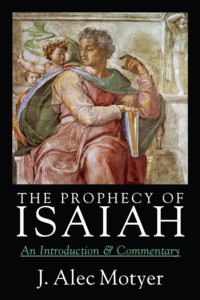
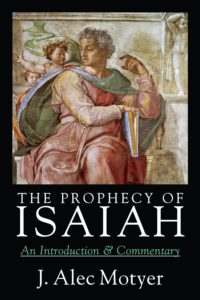 Question: One defining element of God’s salvation is the promise of a new covenant between God and his people which Jeremiah & Ezekiel prophesied. What is Isaiah’s teaching about the New Covenant?
Question: One defining element of God’s salvation is the promise of a new covenant between God and his people which Jeremiah & Ezekiel prophesied. What is Isaiah’s teaching about the New Covenant?